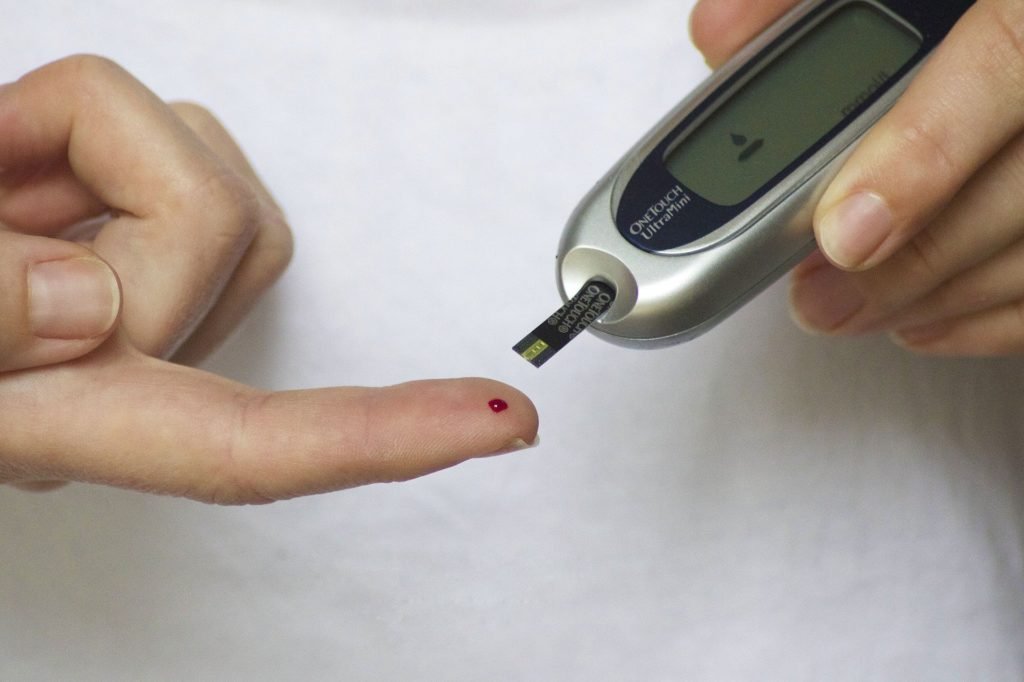Patients with chest pain cannot enjoy quality living because their chronic condition makes it challenging to do things they want, like attending work. There are many causes of chest pain. Most causes of Bakersfield chest pain are associated with the cardiovascular system. However, some patients with chest pain have underlying issues in their lungs, esophagus, ribs, muscles, and nerves. It may be necessary to receive physician intervention to manage your symptoms and prevent life-threatening complications. A physician will conduct comprehensive chest examinations, including imaging tests, to confirm the underlying cause of your pain and thus develop an ideal approach to address your symptoms and thus improve your quality of life. The following are some common causes of chest pain:
1. Heart complications
Patients with these heart problems are at a higher risk of developing chest pain:
- Coronary artery disease: This condition occurs when a blockage in the artery supplies the heart with blood, thus resulting in inadequate oxygen and nutrient supply, causing angina and chest pain, indicating heart disease.
- Myocardial infarction: Inadequate oxygen supply to the heart may cause the death of heart cells, thus causing complications like a heart attack whose symptoms include shortness of breath and chest pain.
- Myocarditis: Chest pain is not the only issue patients with this condition report. Myocarditis also causes inflammation of heart muscles and may induce fever.
- Pericarditis occurs when the sac around the heart gets inflamed or infected. The pain related to this condition is similar to angina but usually gets worse when breathing or swallowing food.
- Hypertrophic cardiomyopathy: The main risk factor for this condition is genetics. Hypertrophic cardiomyopathy involves the thickening of heart muscles resulting in heart failure.
- Mitral valve prolapse: Patients with this condition have a faulty valve that fails to close correctly. The resulting symptoms of mitral valve prolapse include chest pain and dizziness. However, most patients with mild prolapse do not exhibit any signs until their conditions become severe.
- Coronary artery dissection: The sudden pain associated with this condition happens because of ripping in the coronary artery.
2. Lung problems
Chest pain can also occur due to the following lung complications:
- Pleuritis: Patients usually experience sharp pain when the lining in the lungs and chest gets inflamed.
- Pneumonia: A deep chest ache is not the only symptom of pneumonia or lung abscess. A patient may also experience cough, fever, and chills due to a lung infection.
- Pulmonary embolism: A blood clot may lodge in the lungs, thus causing troubled breathing. Following a pulmonary embolism, the rapid heart rate must receive emergency care to prevent shock.
- Pneumothorax: This condition involves a collapsed lung causing breathing problems like pain. Low blood pressure is another symptom of pneumothorax.
- Pulmonary hypertension: High blood pressure in the arteries can restrict blood flow to the lungs and thus cause the heart to work harder and therefore be susceptible to chest pain.
- Asthma: This allergic reaction results in inflamed airways that causes chest pain when breathing.
Lung and heart problems are not the only causes of chest pain. Contact Heart Vascular and Leg to receive an accurate diagnosis confining the underlying cause of your pain and thus receive an appropriate treatment to relieve your symptoms.


